Why Amazon's drone delivery service could be dead on arrival
IT Pro guest editor Stefan Simons tells us why he's not sold on Amazon's drone delivery plans...
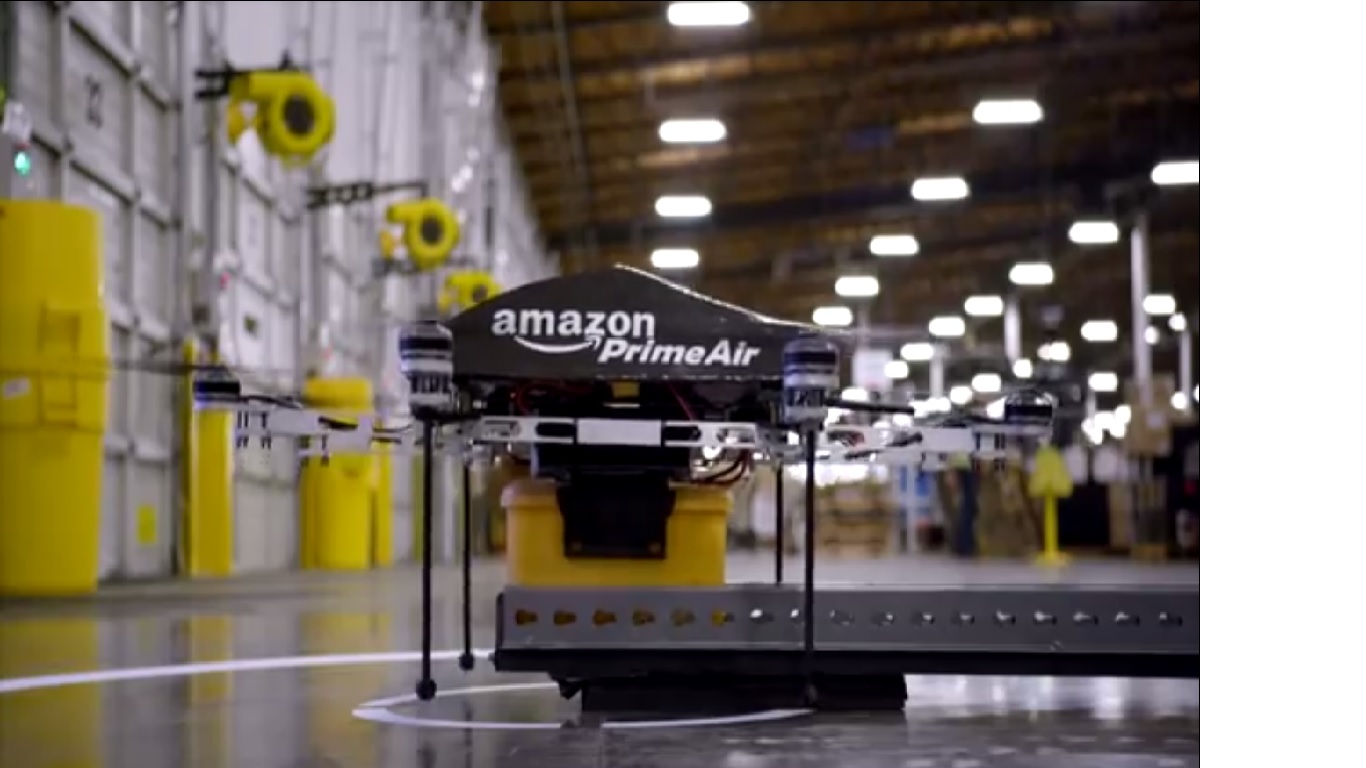
Sign up today and you will receive a free copy of our Future Focus 2025 report - the leading guidance on AI, cybersecurity and other IT challenges as per 700+ senior executives
You are now subscribed
Your newsletter sign-up was successful
Amazon chief Jeff Bezos recently revealed the online retail giant is trialing the use of unmanned drones to deliver packages weighing up to 5lbs to customers.
The delivery method, dubbed Prime Air, is not expected to be introduced for another four-to-five years, but to be brutally honest - I think it's probably one of the dumbest ideas I've heard in years.
Anyone who's ever had a radio controlled helicopter for Christmas will tell you that you're lucky to get 15 minutes of flying time. And that's without any payload.
It's clearly been a great marketing ploy for Amazon because so many people have been talking about it. However, from a practical point of view, it's completely unworkable.
For a start, how will the drones be powered? In these modern times you have to assume it will use some sort of battery, but how long will that last?
Anyone who's ever had a radio controlled helicopter for Christmas will tell you that you're lucky to get 15 minutes of flying time. And that's without any payload.
As soon as you try to add attach Lego figures, for example, the device's time in the air will drop even further. How on earth will it cope with a DVD or even Amazon's original raison d'etre, a chunky book?
The reason Amazon can do what they do is because they have huge warehouses in the middle of nowhere. Are these drones really going to be able to carry their payload hundreds of miles to be delivered?
Sign up today and you will receive a free copy of our Future Focus 2025 report - the leading guidance on AI, cybersecurity and other IT challenges as per 700+ senior executives
While economies of scale make their business plan work, they're forgetting postal delivery is a natural monopoly that only works because of economies of scale.
Furthermore, how is delivery going to be accomplished? Where will the drones drop the parcels? How will people sign for them? How will it work in flats, or if the recipient isn't home?
All of these questions make the idea a non-starter for me. I'd gladly take a 50 pence wager with Bezos that it doesn't happen within 10 years.
That being said, talking about ideas like this may lead to innovation. How about using something along the lines of Google's automated car? This would obviously be driverless but also allow more than one package to be carried at once.
If you had a keypad, for instance, on the car for the recipient to enter a code on and get it released. This would be akin to signing for the package.
This doesn't solve every problem, but is possibly a more workable solution in the long term.
-
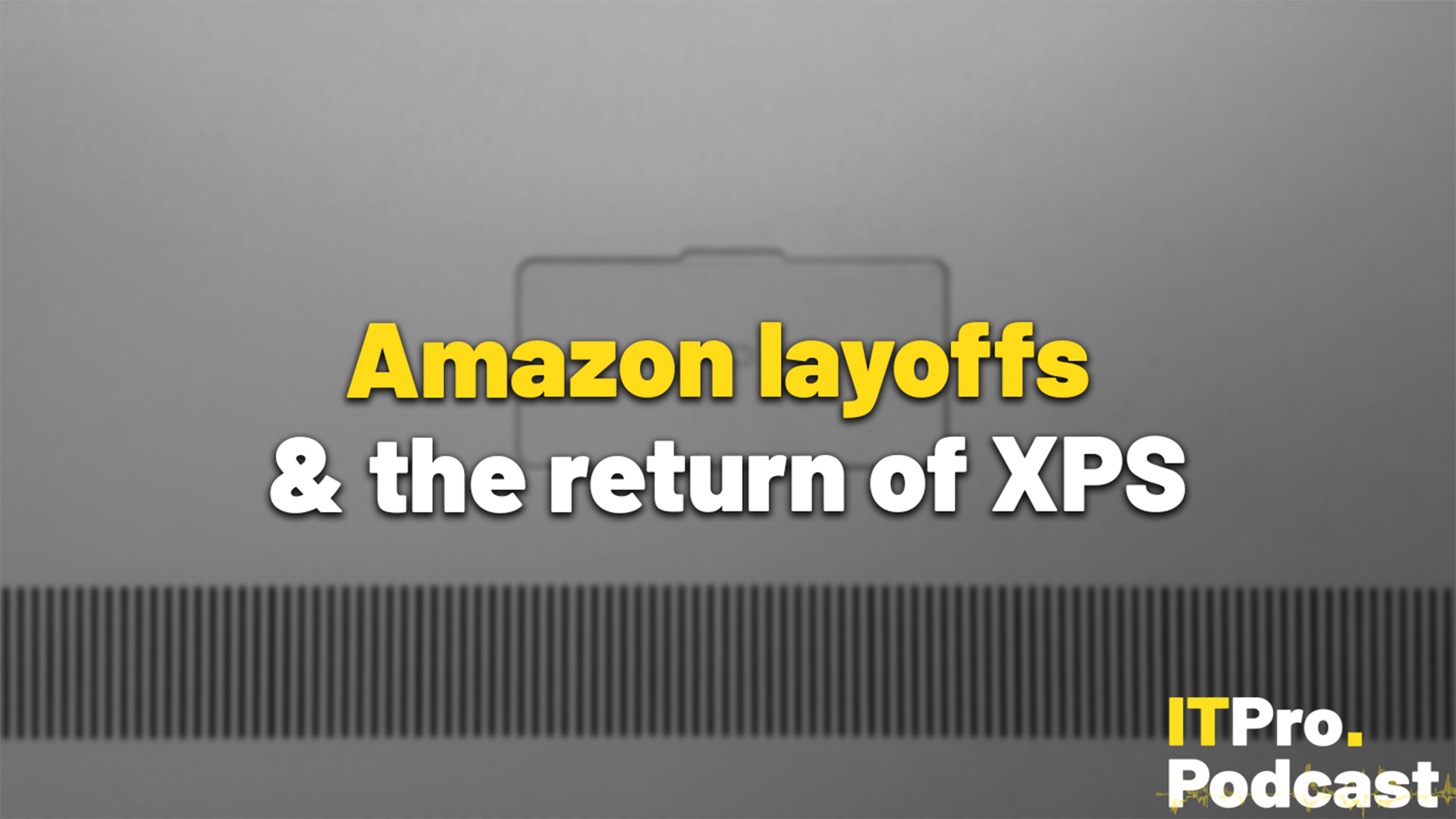 January rundown: Amazon layoffs and the return of XPS
January rundown: Amazon layoffs and the return of XPSITPro Podcast This year's tech layoffs have just begun, as Amazon sheds 16,000 workers in one go
-
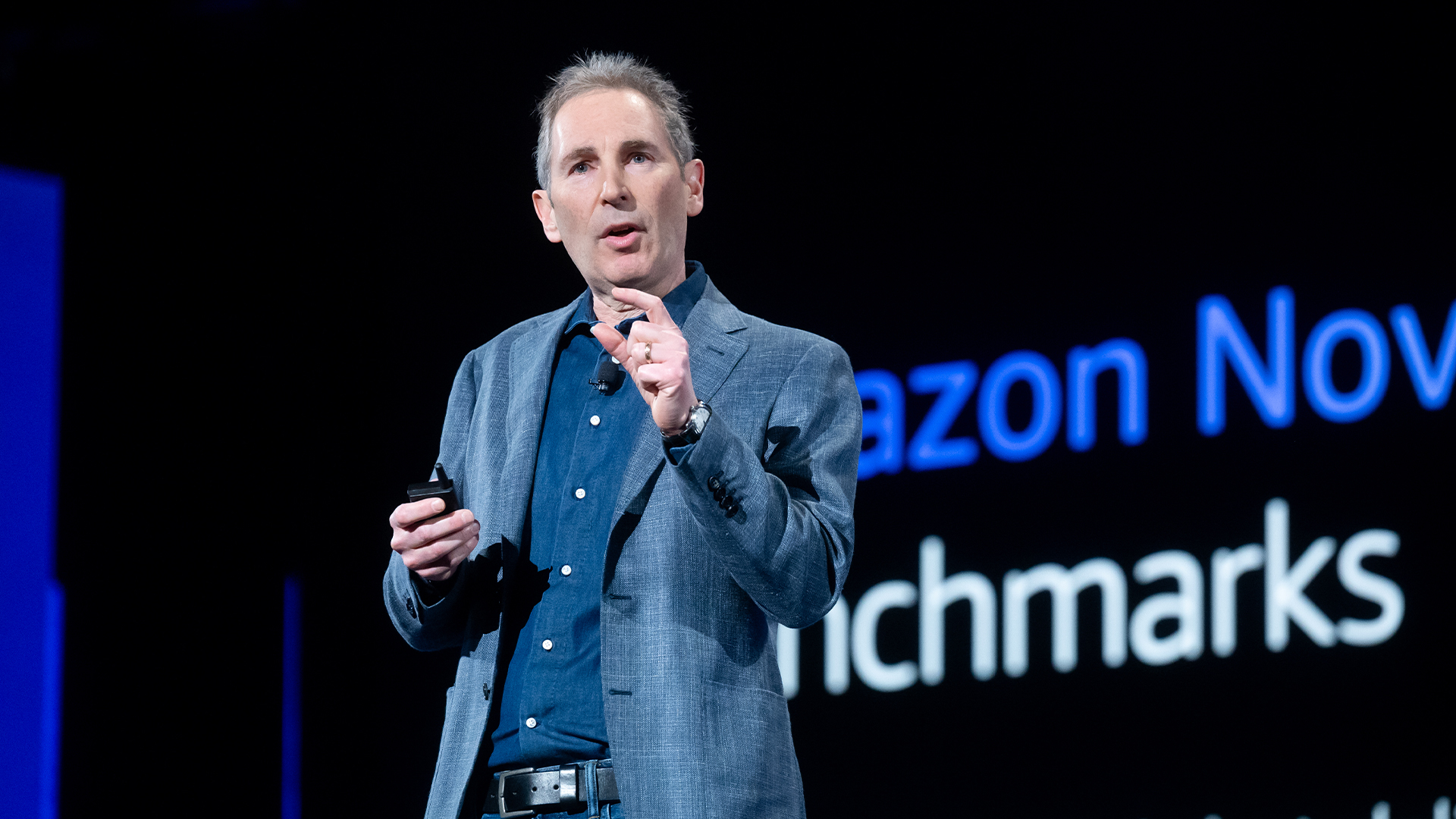 Amazon is cutting 14,000 roles in a bid to ‘operate like the world's largest startup’
Amazon is cutting 14,000 roles in a bid to ‘operate like the world's largest startup’News The layoffs at Amazon mark the latest in a string of cuts in recent years
-
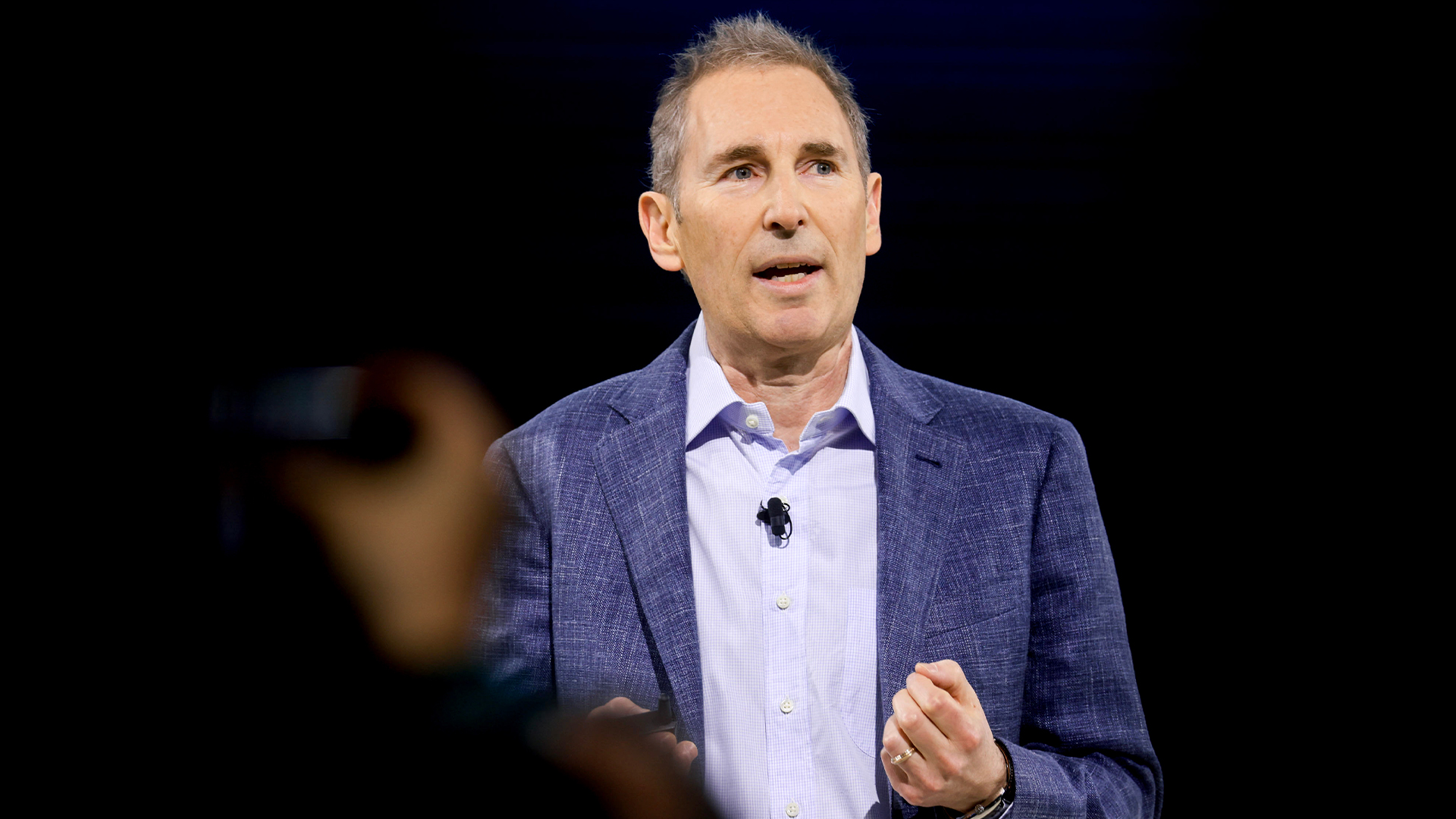 ‘Lean into it’: Amazon CEO Andy Jassy thinks enterprises need to embrace AI to avoid being left behind – even if that means fewer jobs in the future
‘Lean into it’: Amazon CEO Andy Jassy thinks enterprises need to embrace AI to avoid being left behind – even if that means fewer jobs in the futureNews Amazon CEO Andy Jassy thinks companies need to "lean into" AI and embrace the technology despite concerns over job losses.
-
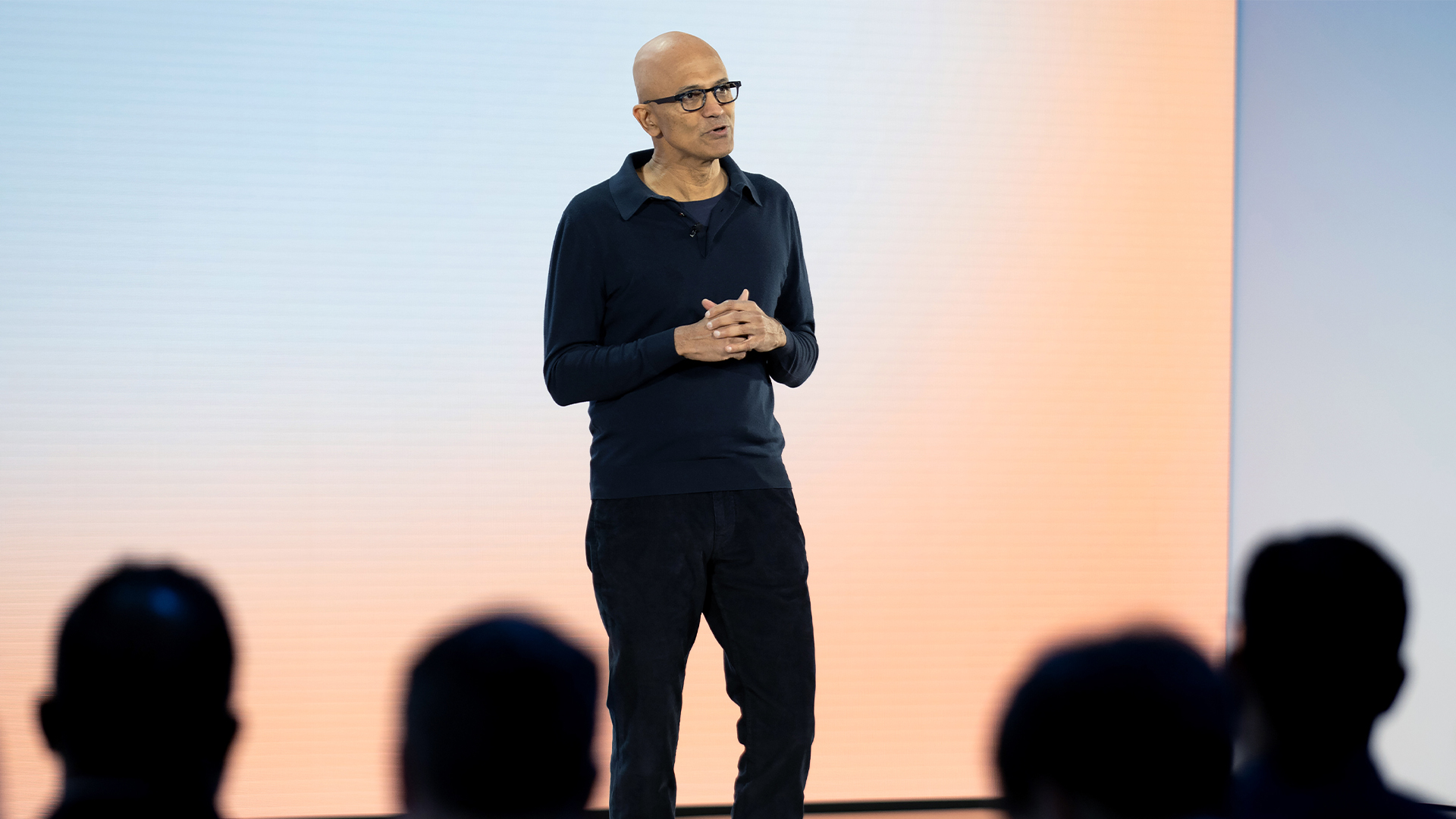 Microsoft workers face a fresh round of layoffs – here’s who could be impacted
Microsoft workers face a fresh round of layoffs – here’s who could be impactedNews Microsoft will cut 6% of its workforce, equivalent to around 6,000 workers, as part of its latest cost-cutting drive.
-
 ‘If you want to look like a flesh-bound chatbot, then by all means use an AI teleprompter’: Amazon banned candidates from using AI tools during interviews – here’s why you should never use them to secure a job
‘If you want to look like a flesh-bound chatbot, then by all means use an AI teleprompter’: Amazon banned candidates from using AI tools during interviews – here’s why you should never use them to secure a jobNews Amazon has banned the use of AI tools during the interview process – and it’s not the only major firm cracking down on the trend.
-
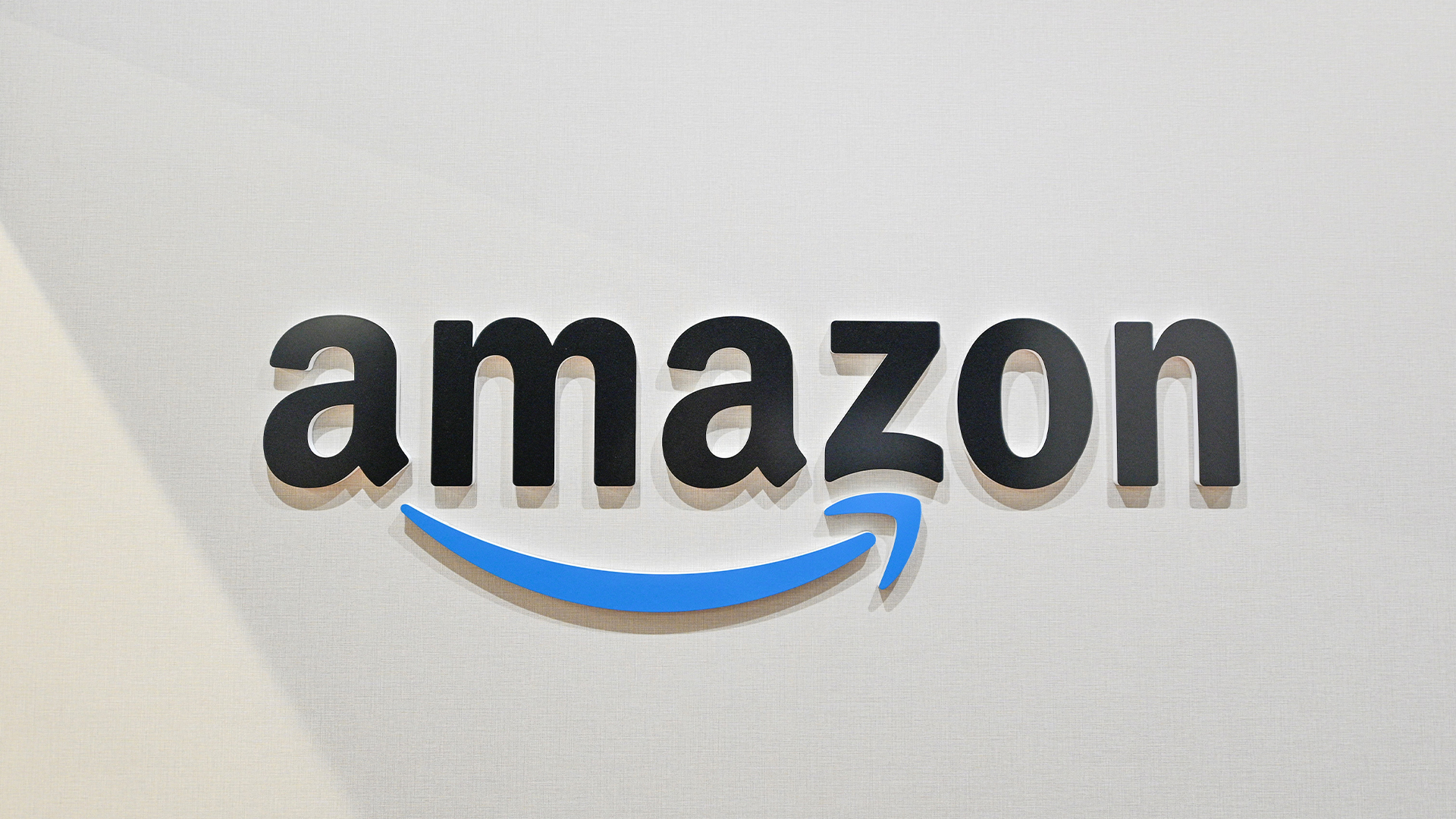 Amazon's RTO mandate could spark a talent exodus
Amazon's RTO mandate could spark a talent exodusNews A survey of Amazon staff suggests plenty remain unhappy about returning to the office next year
-
 Amazon's RTO mandate just hit a major roadblock – it doesn’t have enough office space
Amazon's RTO mandate just hit a major roadblock – it doesn’t have enough office spaceNews The company has told staff in several locations that it won't have room for them all in time
-
 “There are other companies around”: AWS CEO Matt Garman says employees pushing back on RTO mandates should quit
“There are other companies around”: AWS CEO Matt Garman says employees pushing back on RTO mandates should quitNews AWS CEO Matt Garman says employees pushing back on RTO mandates should quit

